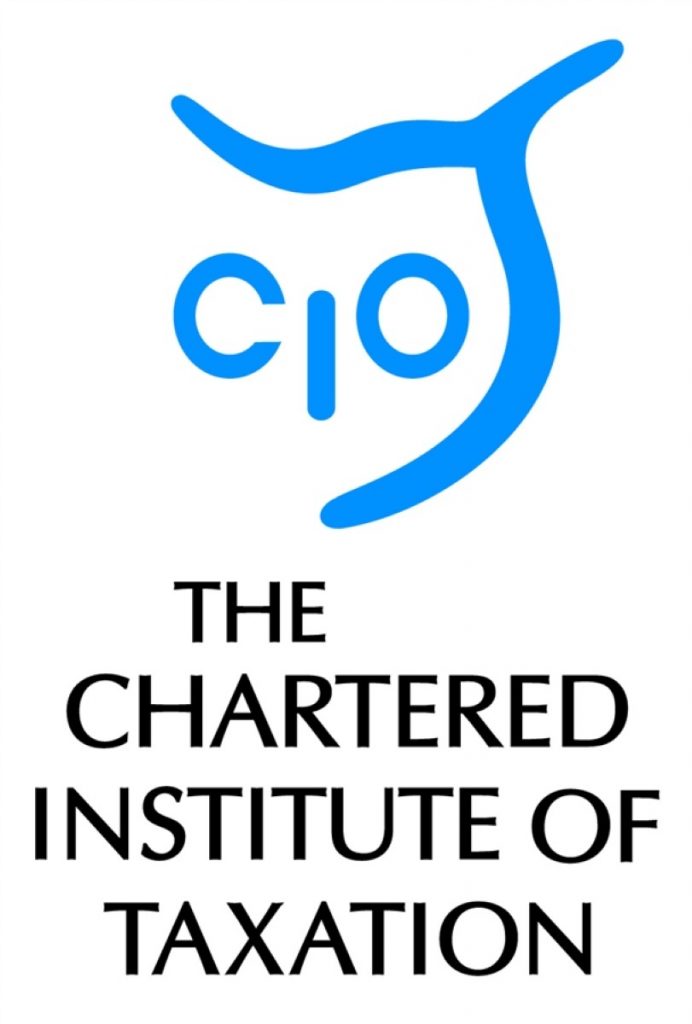The Chartered Institute of Taxation (CIOT) is concerned that the new corporate offence of failure to prevent the criminal facilitation of tax evasion may lead to a string of prosecutions in relatively small cases where civil penalties can already provide enough punishment.
The tax experts set out their concerns in response to a HMRC consultation on the new corporate criminal offence.1 The new offence aims to overcome the difficulties in attributing criminal liability to corporations for the criminal acts of those who act on their behalf.
Glyn Fullelove, Chair of CIOT’s Technical Committee, said:
“We support the intention behind this legislation, which is to ensure that companies take measures to prevent their staff helping clients of the company or indeed anybody else, evade tax. While this has particular relevance to the financial services industry, all companies should be aware they have a responsibility to avoid criminal acts being perpetrated by their staff; and the possibility of the company itself being prosecuted for failure to prevent its staff assisting evasion should make that very clear.
“At the same time, we do not wish to see the serious nature of a criminal prosecution downgraded by prosecutions in relatively small cases that simply add an extra fine on top of civil penalties and are a long way distant from the behaviours that have spurred the introduction of the offence.
“If the Government believes that criminal sanctions need to be strengthened in this area, then it would be sensible to apply it only in significant cases where large organisations have failed to take their obligations seriously. Prosecuting a small company for failing to prevent the evasion of, for example, a small amount of VAT, where the company can already be subject to heavy tax penalties, and where the staff who actually perpetrated the evasion can themselves be prosecuted, could be seen as one punishment too many for the small firm involved and is unlikely to affect the conduct of the management and the overseas staff of a major multinational bank.”
The CIOT is calling on HMRC to consider a delay to the 1 September 2017 introduction. It believes the deadline does not give HMRC enough time to respond to the concerns of tax practitioners, such as how the new criminal sanctions will sit alongside the civil penalties currently in place for corporate cases of tax avoidance, or about the need for clearer guidance on what practical steps businesses can take. Guidance is still being formulated by HMRC and it will require a major effort by large companies to roll out new procedures worldwide.
The timetable was set before the EU Referendum and subsequent Brexit vote which has delayed government activity and created uncertainty in the business community.
Glyn Fullelove said:
“It is very important that companies can properly assess the procedures they will need to put in place to have a statutory defence. Given this offence can encompass overseas as well as UK tax evasion, for many companies this will involve a global roll-out of new policies We ask that HMRC seriously considers delaying implementation of this measure.“
The CIOT also told HMRC in its response to the consultation that the new offence must be subject to appropriate defences being available, that clear and unmistakable guidance must be provided by the Government so that corporations understand exactly what measures they must put in place to comply.
The CIOT is intending to work with HMRC and other professional and regulatory bodies on the production of sector specific guidance for its members. Guidance will be essential to help corporations identify how they can demonstrate that they have followed satisfactory due diligence procedures and have a reasonable care defence in the event that one of their associates is discovered to have criminally facilitated tax evasion.
Notes for editors
1. The CIOT’s submission on corporate criminal offence of failure to prevent the criminal facilitation of tax evasion can be read here.
2. The offence will have three stages: stage one: criminal tax evasion by a taxpayer (either an individual or an entity) under existing law; stage two: criminal facilitation of this offence by a person acting on behalf of the corporation as defined by the Accessories and Abettors Act 1861; stage three: the corporation failed to take reasonable steps to prevent those who acted on its behalf from committing the criminal act at stage 2. The offence relates to companies and therefore the statutory punishment for a conviction would be a fine for the company.
3. The Chartered Institute of Taxation (CIOT)
The CIOT is the leading professional body in the United Kingdom concerned solely with taxation. The CIOT is an educational charity, promoting education and study of the administration and practice of taxation. One of our key aims is to work for a better, more efficient, tax system for all affected by it – taxpayers, their advisers and the authorities. The CIOT’s work covers all aspects of taxation, including direct and indirect taxes and duties. Through our Low Incomes Tax Reform Group (LITRG), the CIOT has a particular focus on improving the tax system, including tax credits and benefits, for the unrepresented taxpayer.
The CIOT draws on our members’ experience in private practice, commerce and industry, government and academia to improve tax administration and propose and explain how tax policy objectives can most effectively be achieved. We also link to, and draw on, similar leading professional tax bodies in other countries. The CIOT’s comments and recommendations on tax issues are made in line with our charitable objectives: we are politically neutral in our work.
The CIOT’s 17,600 members have the practising title of ‘Chartered Tax Adviser’ and the designatory letters ‘CTA’, to represent the leading tax qualification.





-01.png)